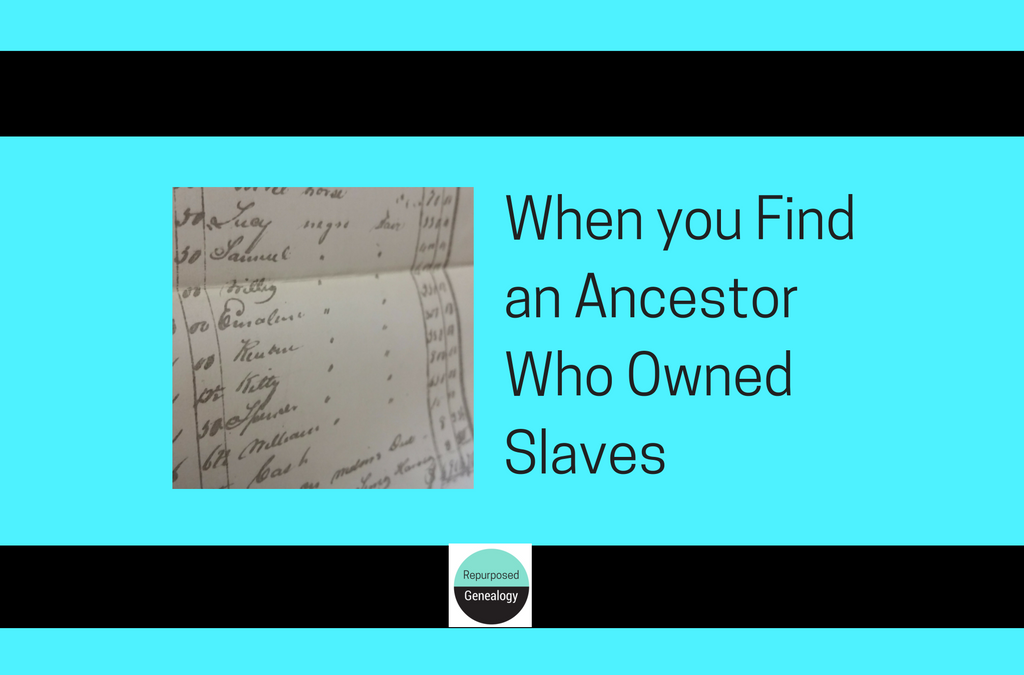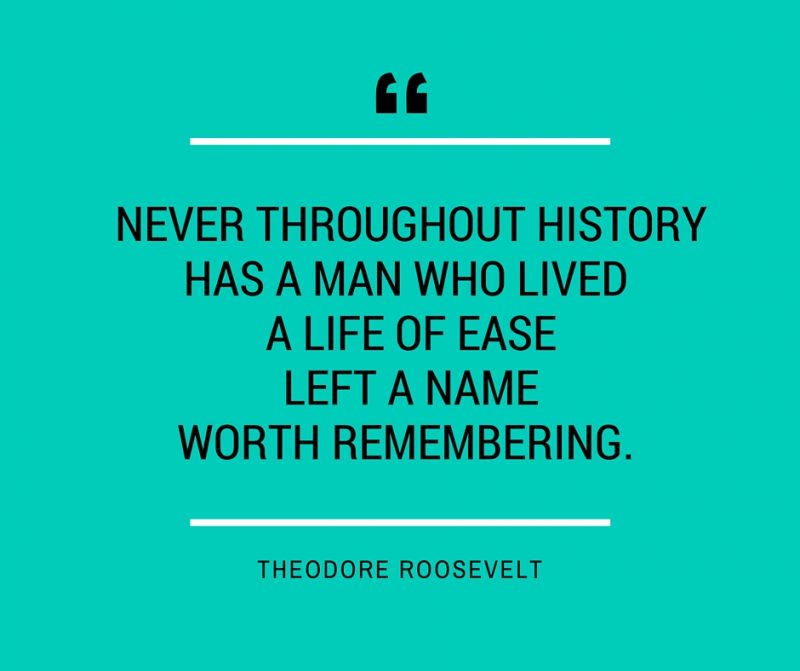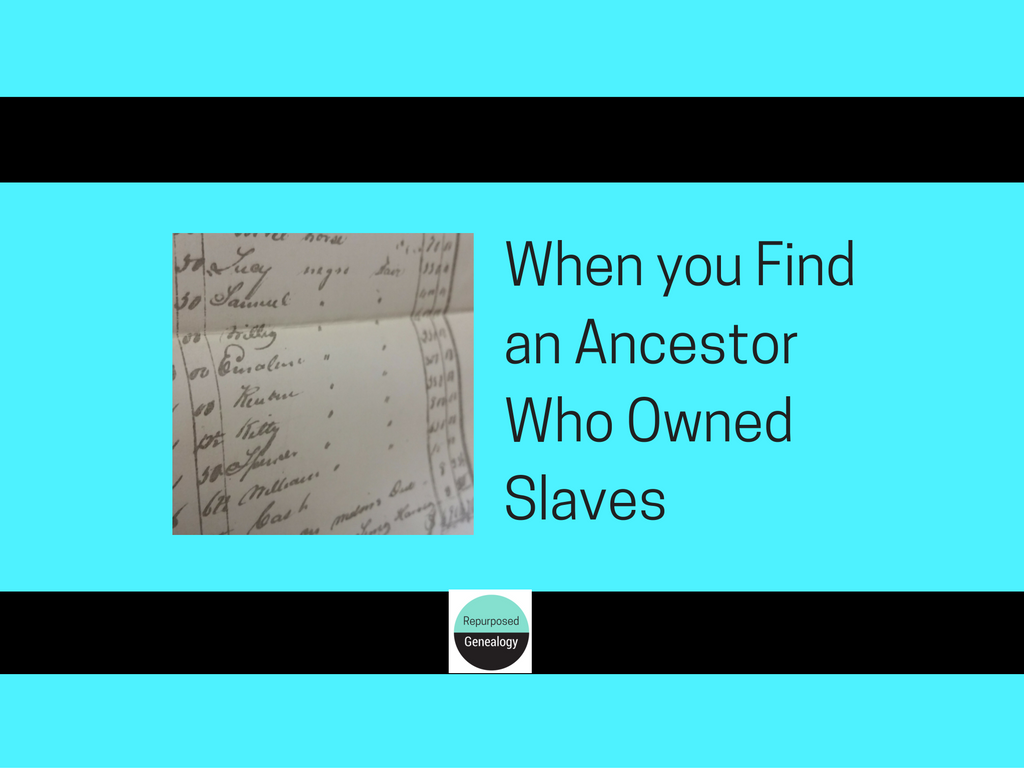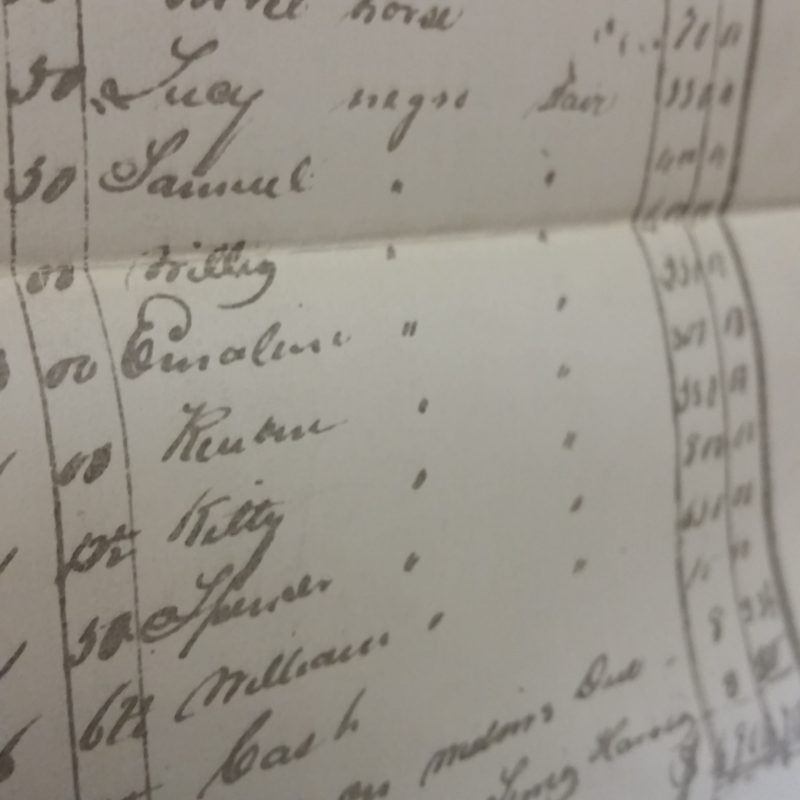With as far as my documented family tree stretches back into American history, I knew someone probably owned slaves.
It wasn’t whether or not someone owned slaves, but who did. Finding my slave holding ancestors wasn’t something that I was excited to delve into investigating. It is way more comfortable to focus on people I am proud of being related to, or to spend time filling in the details of the lives of some of my immigrant ancestors.
I have felt them calling me.
After receiving the results from my Ancestry DNA test Saturday, and learning my heritage is 100% European, I knew that I don’t have any direct line enslaved ancestors to research.
I have heard them ask for help.
Yesterday, I started looking through my boxes from Uncle Max. I knew that my paternal great, great, grandfather Stanford Ross was born in Kentucky. I opened the Ross family file to see what records and documents it contained. There were copies of wills, birth records, research notes and copies from a genealogist Max paid to research the Ross line in the early 90’s.
When you Find an Ancestor who Owned Slaves
It was difficult to read the faded copy and curling, cursive letters on the inventory and appraisal for Presley Doggett, Shelby County, Kentucky from April 1839. As I scanned the list, I saw them below the sorrel horse 70.00, and above cash 10.00.
negro slave
Slave names can be recorded in your ancestor’s dowry records, wills and probate records. Presley Doggett’s slaves were listed as his most valuable “property” after his death 27 March 1839.
Prior to the Emancipation Proclamation, and the 1870 US census, enslaved people were only documented on slave census records by a tick mark for gender and age. Slaves were dehumanized by not recording names, birth dates, marital status, or number of children and their ages like white people.
The Slave Name Roll Project allows slave names, contained in primary record genealogy documents, and in personal genealogical research materials, to be recorded and searchable for the 11 million US descendants of enslaved Americans. It assists with African American genealogy research, and helps to break through the 1870 genealogy brick wall.
When you find the names of enslaved persons in you genealogy research, you can free them. Click To TweetWhen you find the names of enslaved persons, and or descriptions in your genealogy research, you can free them. It is painful when you find an ancestor who owned slaves. It is evidence of shameful parts of America’s history, and it can be difficult to picture your relative as a slaveholder. Rather than ignore it, you can choose to do something good with the information you find.
Eight slaves of Presley Doggett, know that you are more valued than property. You are more than a dollar amount in a ledger. Your names are free though you may not have lived long enough to experience freedom during your lifetime.
Your names are worth remembering.
Lucy
Samuel
Willis
Emaline
Reuben
Kitty
Spencer
William
Genealogy Jen’s Challenge of the Week – Every family tree has shade. Some branches are shadier than others. Cast some light. Look through any genealogy documents you may have for your ancestors. Search for any named slaves you can set free.





Jen, this is a very powerful post. Thank you so much. I’d have never thought of doing this. My grandfather came from Kentucky. Now I know what to look for. Thank you.
Janet, it’s such an important tool for researchers. Most people don’t realize they may have the clue to break down someone’s genealogy brick wall. If not on their own blog, they can share it on other websites to help for SEO when a descendant does a Google search.
PS: I really like your new head shot above.
Thanks Janet. I had new professional pictures taken last month when I hit my weight loss goal. I’m in the process of using them to put together speaker bio packets and applying for genealogy public speaking engagements for 2017.
I found a deed from one of my possible ancestors giving an 11 year old slave named Nancy to his relative. He then deeded the first born child of the slave, when nine months old, to another relative. One of the saddest documents about an enslaved family that I’ve seen.
It is so heart breaking to read about those things Nicole. If you haven’t yet, I’d encourage you to write a post about it, and share it on Schalene’s blog I have a link to in the post. (She writes Tangled Roots and Trees.) You can’t change what an ancestor did. Honoring the names and lives of the people they hurt is one small way to ensure that it is recorded as a cautionary tale for future generations.
Jen, beautifully written. This is what we want to see. People stepping out of the shadows of their trees and releasing the names. Not only do we have the keys to open the doors in our brick walls, we also have the keys to help others with theirs.
Thanks Cathy. I really enjoyed reading your posts as well. It’s so important.
Jen you did Awesome. You did the right thing. So many times we see these Praised Historical Biographies of a person but these family tend to leave out the Slavery part. You released the Names of the Enslaved and made your Ancestors bio complete. I Thank You for Lucy
Samuel Willis Emaline Reuben Kitty Hercules and William. Their family will look for them one day. This was Awesome!
Thanks True. It’s been wonderful learning about history with you through conversations, #genchat, articles you’ve shared and listening to Bernice Bennett’s podcasts. If you only share the bad parts of a story, it becomes a tragedy. If you only share the good parts, it loses its authenticity and becomes flat. Only when you combine them does the story become deeper, richer and more full. You can then recognize how beautiful it is to overcome.
Thank you so much for promoting the Slave Name Roll Project and telling the story of how you found slaves in your family tree. Your feelings were like mine. It wasn’t a matter of if but rather when I found them. But still seeing that first name staring at you from your documents is a moment no one wishes for. Now, it’s up to us to help others find their ancestors.
Thanks Schalene for your hard work, and for all that you do to help inspire change.
Jen thank you so much for showing us how to do this. Beautifully written too. Martine
Thanks Martine. I really appreciate it. I think that it is a small way that family history researchers can make a big difference, and help bring healing.
Thank you for your post I hope that more people share the names of those who have been enslaved and those who were slave holders it gives us the opportunity to honor our African ancestors and to also begin the process of healing and forgiveness. Not knowing who we are in history before being enslaved to this day still affects a whole race of people what you are doing is noble
Jen, great article and thanks for alerting me to the Slave Name Roll Project. I believe, though, the name you have transcribed as as Hercules may actually be Spencer. The first letter S looks like the S in Samuel followed by a lower case p written in the 1800s style. I could be mistaken, since the image is at a slight angle and there are no other letters p or h to compare.
Victor, Thank you so much for catching this. I pulled out the paper again today to look at it. I think that you’re right and it is Spencer. I compared the document, and the words above. In the word “sheep” the p is the same as this name. The capital H in the word “Hempseed” has a different curl. It is so important to release the names, but even more important to have the correct name listed. Thank you for helping me ensure this happens.